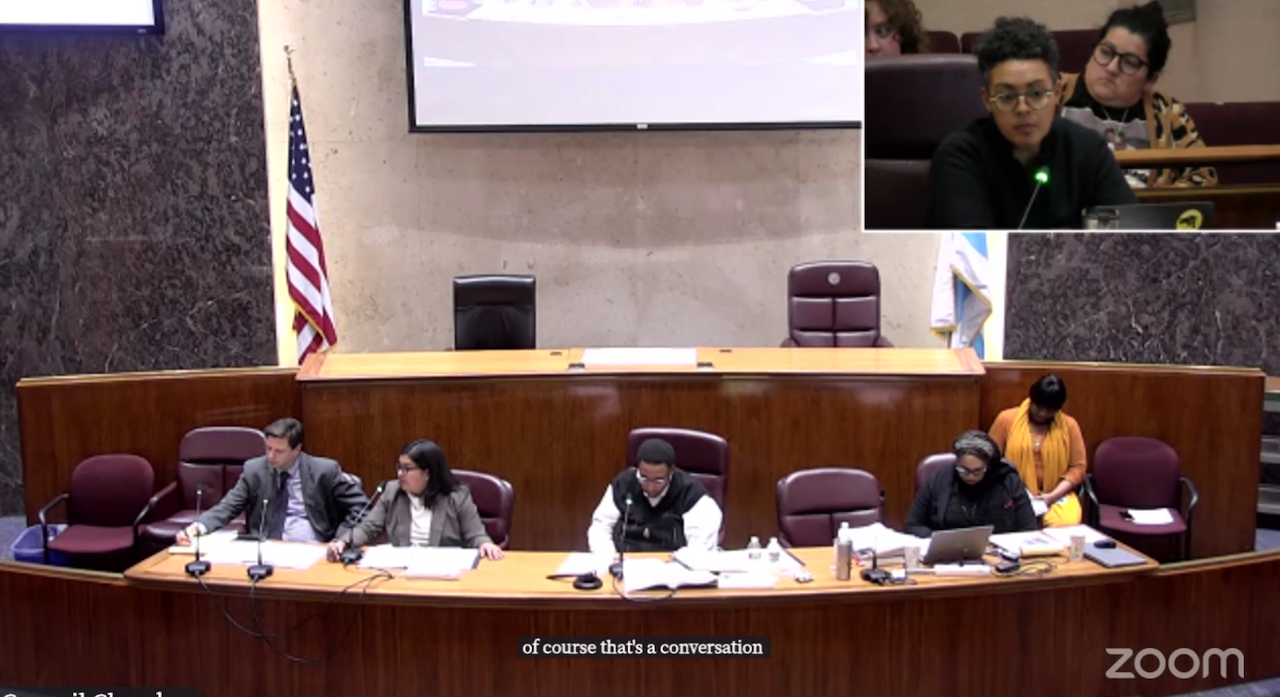Butts Be Gone: How France's Smoking Crackdown Could Save Its Pristine Shores

In a bold move to protect public health and reduce environmental pollution, France has implemented a comprehensive smoking ban across numerous outdoor spaces nationwide. The new regulations aim to create cleaner, healthier environments for citizens and visitors alike.
The sweeping restrictions target popular public areas where secondhand smoke and cigarette litter have long been persistent issues. Parks, beaches, outdoor restaurant terraces, and other communal spaces are now designated as smoke-free zones, marking a significant step in France's ongoing commitment to public wellness.
Health officials argue that the ban will not only protect non-smokers from harmful secondhand smoke but also help reduce environmental contamination from discarded cigarette butts. The initiative reflects a growing global trend of implementing stricter smoking regulations to promote healthier lifestyles and protect shared public spaces.
Violators of the new smoking restrictions may face fines and penalties, underscoring the government's serious approach to enforcing these health-conscious regulations. As France continues to lead in progressive public health measures, this outdoor smoking ban represents a meaningful stride towards creating more breathable, cleaner urban environments.








